COLOROFF
After attending the “on-campus” course, Sandra Quarantini was thinking of creating her own clothing line, but – being neither a tailor, nor a fashion designer – she lacked too many skills. Therefore, ColorOff does not produce garments, but small packages of natural dyeing plants, and offers a range of workshops to teach how to dye fabrics independently, even from home. Over time, Sandra has also started some partnerships on several product lines. The first was with Le Tintine, a company based in Seregno (Monza-Brianza) that produces clothes in certified organic fibres for children up to the age of four. «I am also cooperating with a company from Senigallia (Ancona), Effepi. We are starting by creating a women’s collection, after carrying out a joint study on the effect of natural dyeing which also involved Ancona Academy of fine Arts, Poliarte. The aim was to understand whether this type of dyeing is good not only for the environment, but also for the human sense of touch and sight”. Another ongoing cooperation is the one with WAO, a company based near Venice that designs, manufactures, and sells sustainable shoes. After launching two models of sneakers in hemp and wood fibre, with soles made of 80% biodegradable natural rubber, the latest model is a waterproof one, in Econyl – regenerated Nylon. WAO implements a very strict ethical code, its entire supply chain is transparent, and ColorOff is entrusted with dyeing the fibres, which is one of the crucial stages in shoe manufacturing.
«At first people looked at me rather suspiciously, because they did not really understand what I did, but today everyone in Belvedere Ostrense (Ancona) is very interested in my business. Many are even offering me land to sow my Reseda». This specific dyeing plant – as proven by ColourOff’s history – could be one of the leading products bringing marginal areas back to life, since it could be used to repopulate fallow, abandoned plots of land and offer a lively, natural alternative to synthetic dyes.
Land
Growing Reseda is a challenging process. This dyeing plant has to be sowed every year and has a six-monthly production cycle. Having been now operating for three years, ColorOff would like to widen its farming activity: “I am looking for a partner willing to take care and directly manage the farming part, leaving research and development to me. I think this can be a sustainable model. I have calculated that cultivation costs can be reduced even more. Once I find my partner, we will try to sow Reseda more extensively. One hectare is not enough to achieve economies of scale” explains Sandra.
